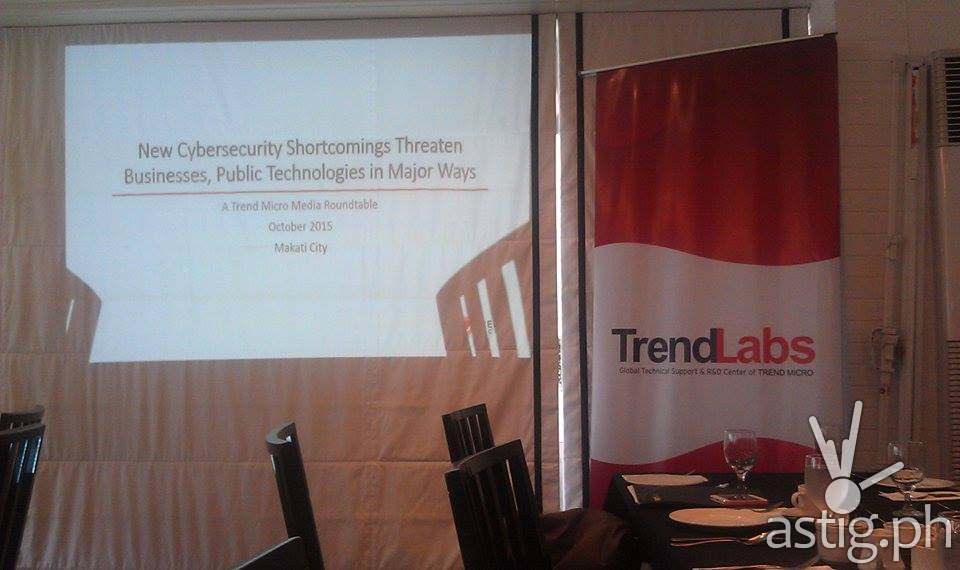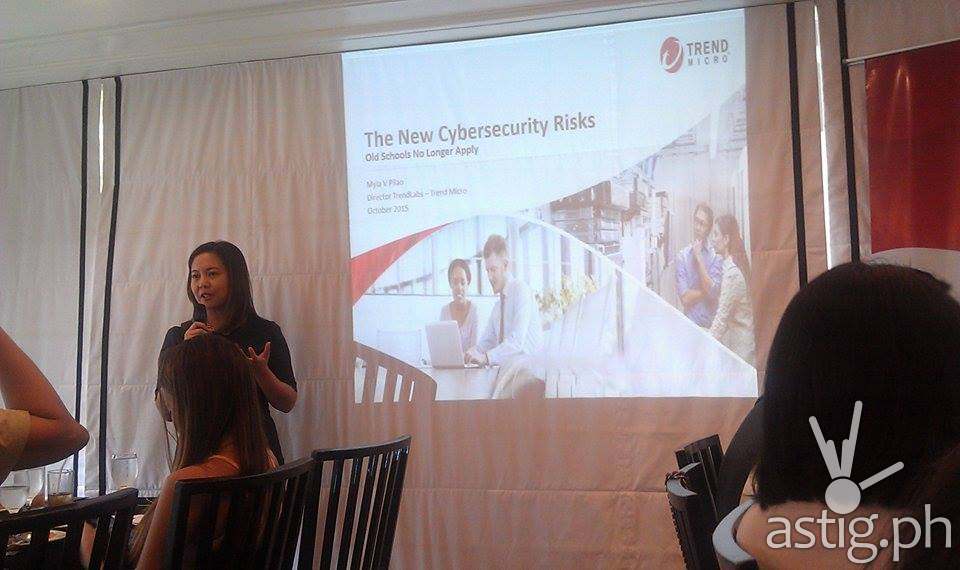The world is becoming increasingly connected through technology, benefits consumers and businesses in many ways but with that also comes the risks of data breach, theft and abuse. The more we rely on technology, the more we become exposed to cybercriminals who can inflict both virtual and physical damages.
Security comes with harsher legal implications not just for the violators but for the users as well. In the United States, the Federal Trade Commission (FTC) regulates the cybersecurity practices of business. The FTC closely watches how companies secure their data ans will reprimand those who fail to meet standards.
Cybersecurity gaps can damage the reputation of an organization. The Ashley Madison data breach tarnish the image of the company to the point where the CEO of its parent company had to step down. This cost the company’s plan for an IPO.
Hackers are taking more strategic approaches, being more selective in targeting their victims to improve their infection rates. This is reflected by the exponential increase in the use of several traditional attacks methods. In the Philippines, Trend Micro finds that there are over one million malware detections for the past quarter alone.
Trends Micro’s report highlights include:
Public utility disruption caused by hacks
Broadcast networks, airplanes, automated vehicular systems, and home routers pose not only the risk of malware infections, but physical inconveniences and threats.
Lone wolf cybercriminals gain notoriety vvia successful ransomware and PoS attacks
FigtherPoS, solo hackers “Lordfenix” and “Frapstar,” along with hawkeye keylogger attacks, demonstrated that single indiThe viduals are capable of making a significant impact in today’s threat marketplace.
Government entitles fight back against cybercrime
Interpol, Europol, the Department of Homeland Security and the FBI all played a role in taking down longstanding botnet operations.
National and political impact was made by attacks on government organizations
The attack on OPM was a shocking realization that no one’s personal data is safe. Macro malware and island-hopping servers were among the tactics used to target government data in this and similar breaches.
Public-facing websites and mobile devices were threatened in new ways
While threats to software are always present, vulnerabilities in Web apps were proven to be just as dangerous.
Strategic partnerships prove to be vital in formulating immediate and long-term resolutions to combat cybercrimes. Trend Micro aided law enforcement agencies in taking down two notorious botnets that were heavily involved in full-scale cybercriminal operations.
Moving forward, how can organizations stay protected on their own terms? Aside from being proactive, extra-cautious, and running information and education campaigns inside their organization, businesses can leverage on modern-day security solutions. Trend Micro Deep Discovery, a threat protection platform, can help organizations respond to today’s targeted attacks in real time. It provides advanced threat protection where it matters most. Deep Discovery is made up of four key solutions that will help detect, analyze, adapt, and respond to attacks.
For more information on Trend Micro, visit www.trendmicro.com.




